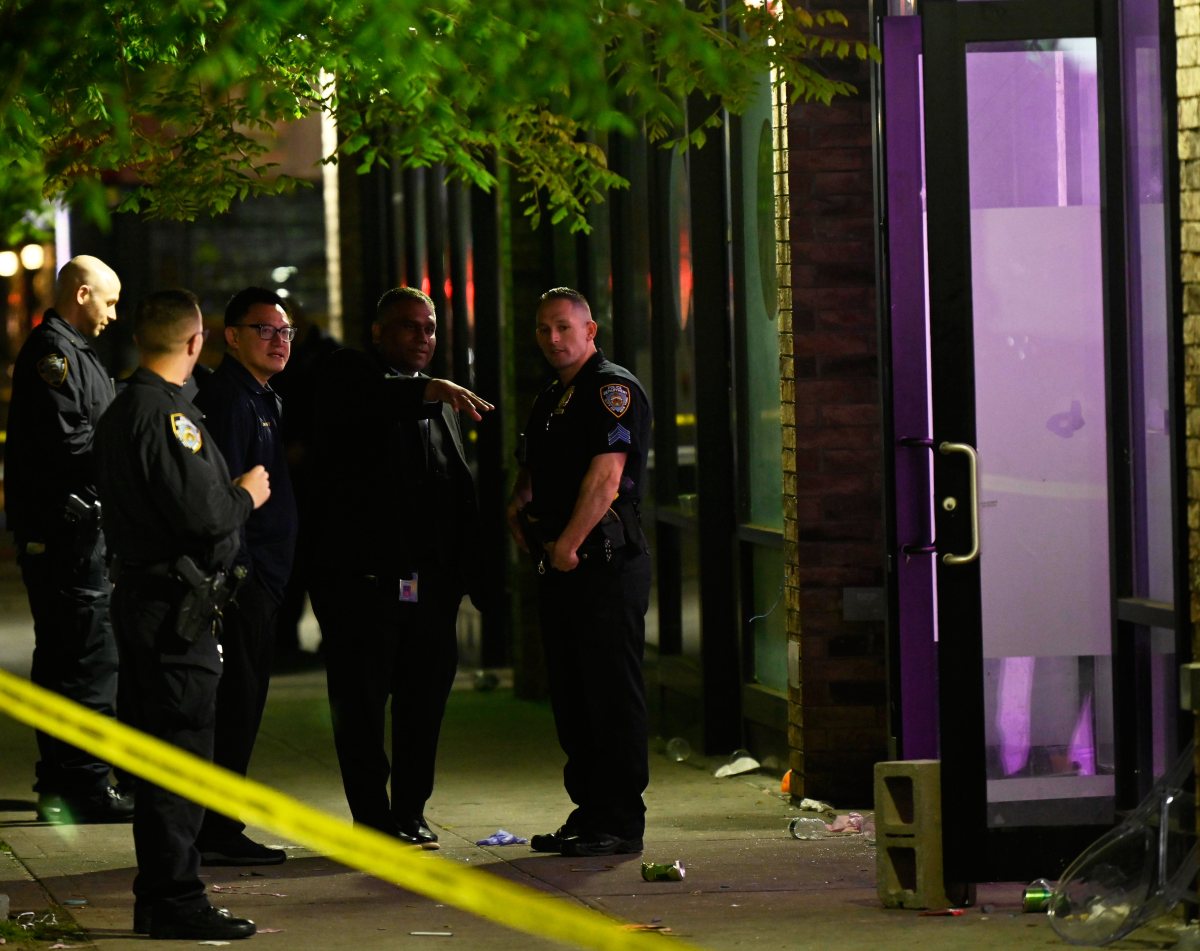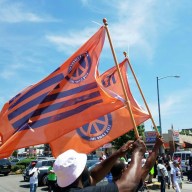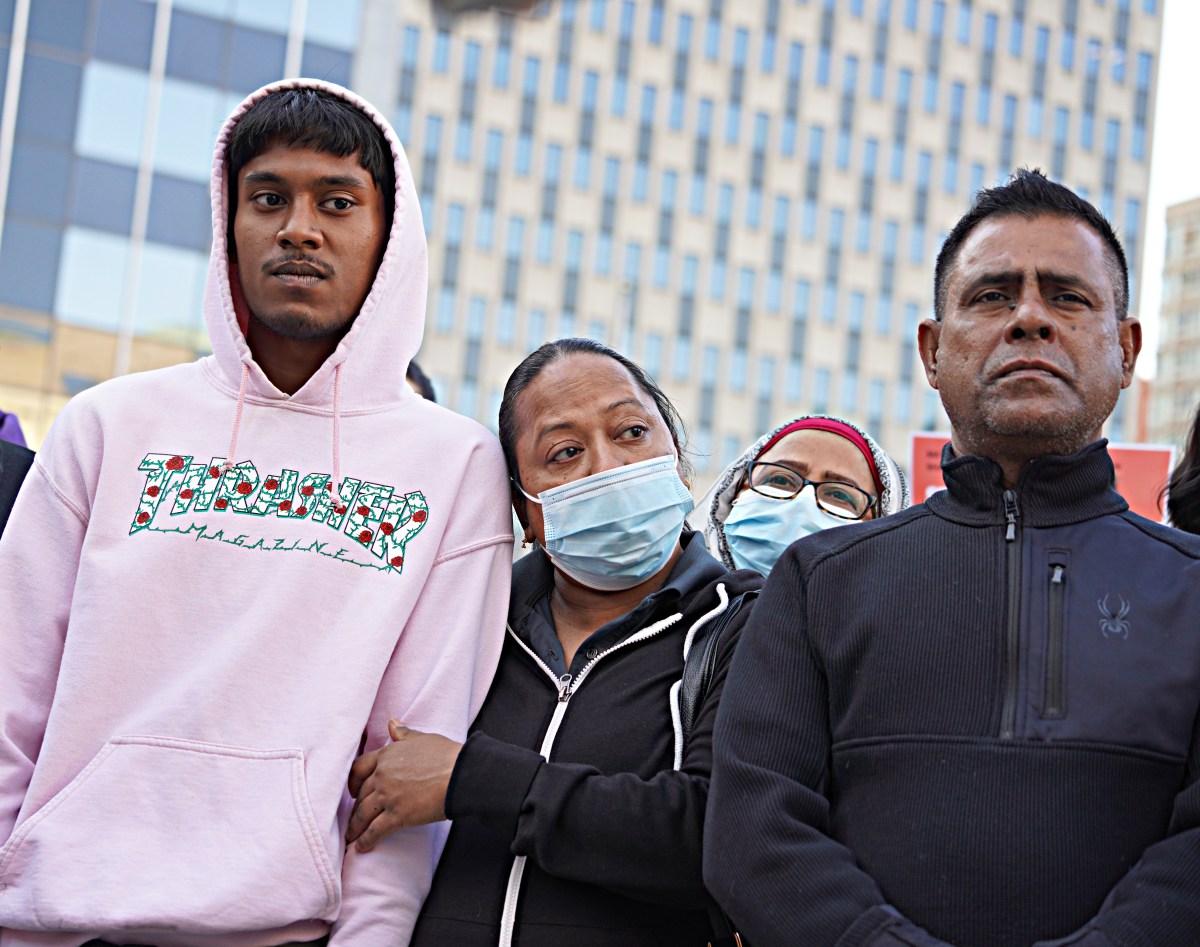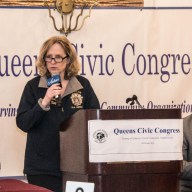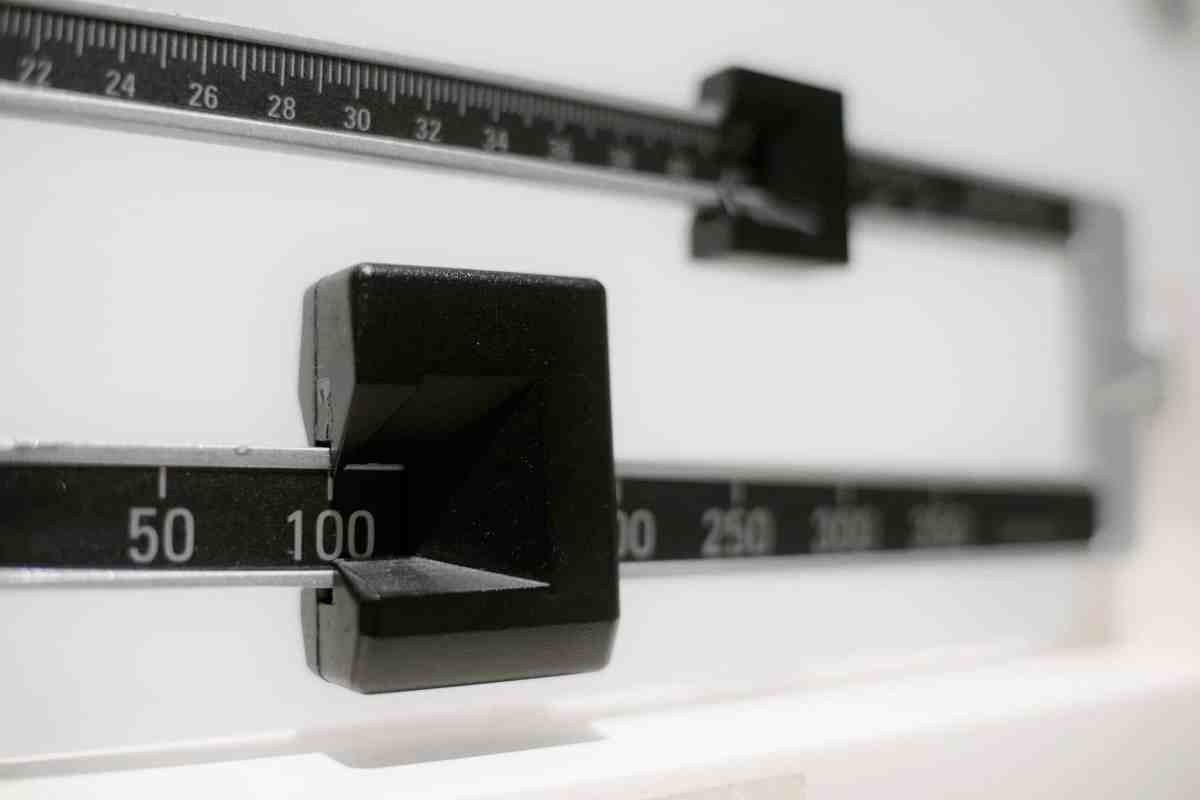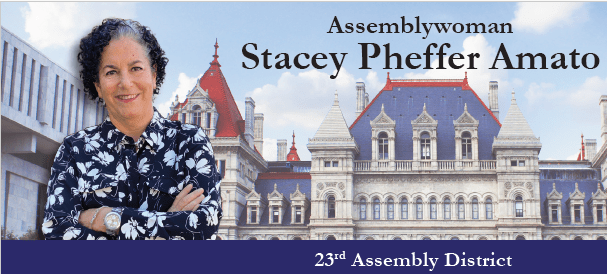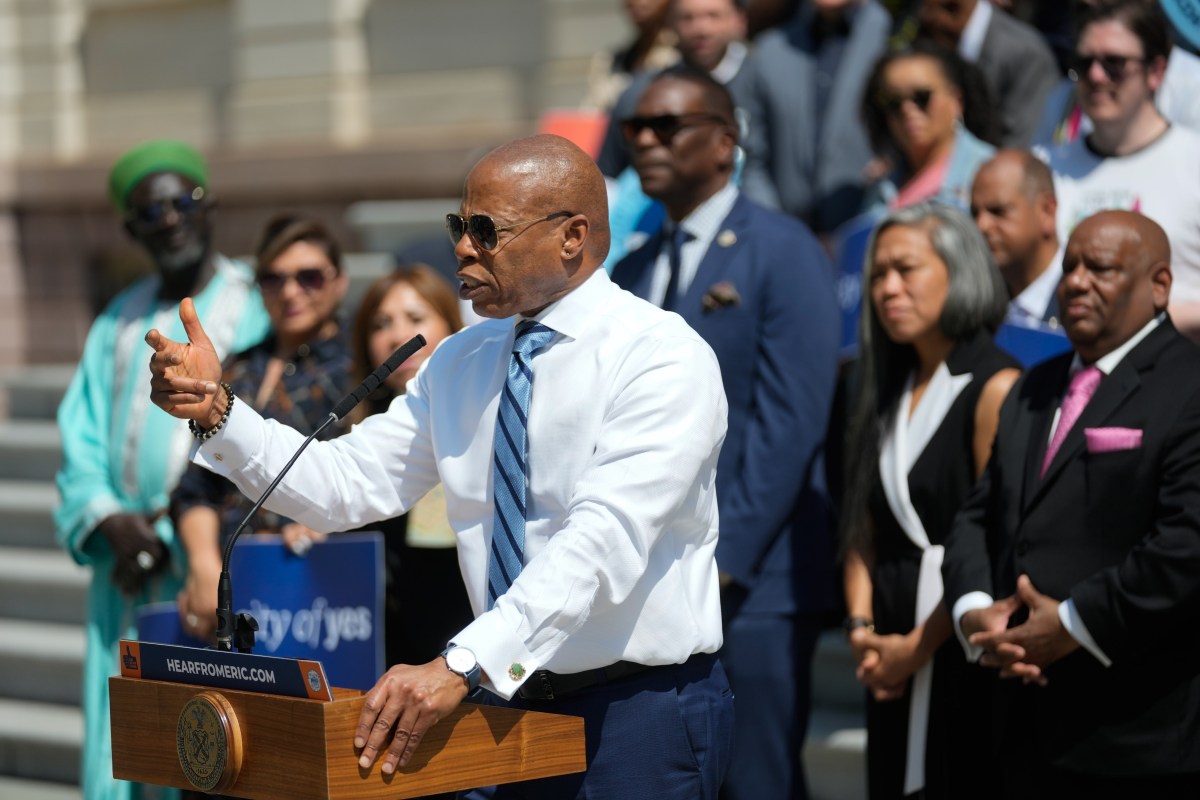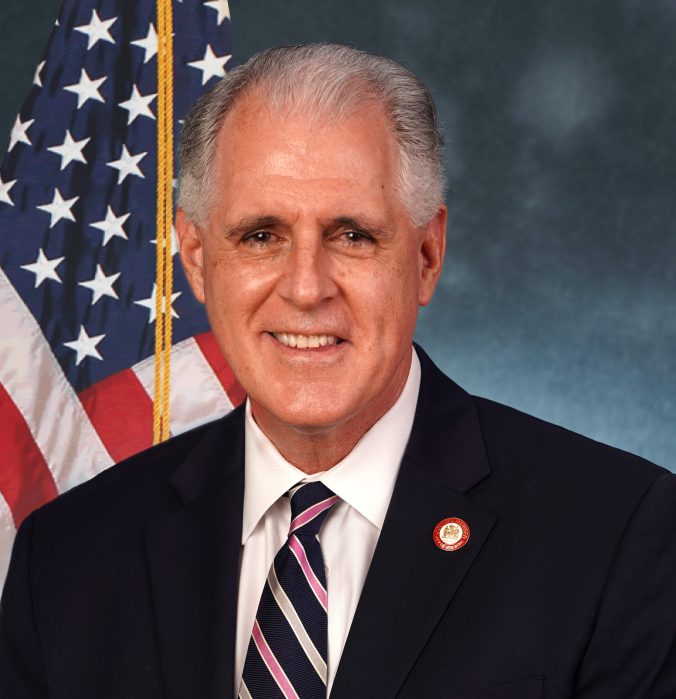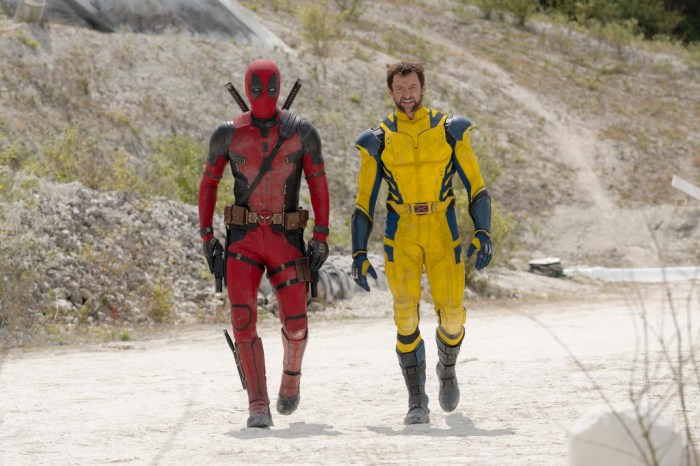The de Blasio administration’s refusal to back an appeal by the developers of the $3 billion Willets Point project could be the first step in reversing a questionable decision to substitute a mega-mall for affordable housing.
In 2011 the city selected the owners of the Mets and Citi Field to be the developers of Willets Point, a third-world sprawl under the shadow of Citi Field that was home to a thriving auto repair industry. The Bloomberg administration’s original plan called for 2,500 housing units, including 875 designated as affordable, as part of Phase I. A school, community facilities, a hotel and retail were also envisioned.
But by 2013 the blueprint had been redrawn. The housing component had been pushed to Phase III—at least 12 years away—and the immediate focus was on the mega-mall and parking lot next to Citi Field.
There were rumblings of disapproval in Queens because the mega-mall was planned for parkland, part of the precious acreage in Flushing Meadows Corona Park. Led by state Sen. Tony Avella, activists, residents and business owners challenged the use of $1 billion in public parkland for a retail center and won the backing of the appellate court. When the developers appealed the ruling last week, Mayor de Blasio’s legal team stayed on the sidelines.
A spokesman for the mayor said the start date of 2025 for the affordable housing portion was unacceptable. A top administration official said de Blasio wanted to see a mixture of affordable and market rate housing in a realistic time frame.
There were hopes among Willets Point’s beleaguered businesses—at least the ones that remain—that the mayor might be able to renegotiate better terms on their behalf.
The future of the ambitious Willets Point project now hangs in the balance, but the small businesses in the hardscrabble area paid a heavy price in the years that led up to the appellate court ruling.
The city used eminent domain to force some businesses to leave, while other owners arrived at work in the morning to find their doors padlocked only to receive a reprieve later on. And a group of 30 businesses that agreed to move to a new center in the Bronx still are homeless due to a glitch in the paperwork. Some desperate workers are performing auto repairs on the streets outside the ballpark.
Many of these workers, mostly immigrants, have lost their jobs through a process that lacked foresight and solid planning. For those who are left and the future of the project, let’s hope a better deal can be struck to transform one of the city’s most blighted areas into a vibrant Queens neighborhood.








